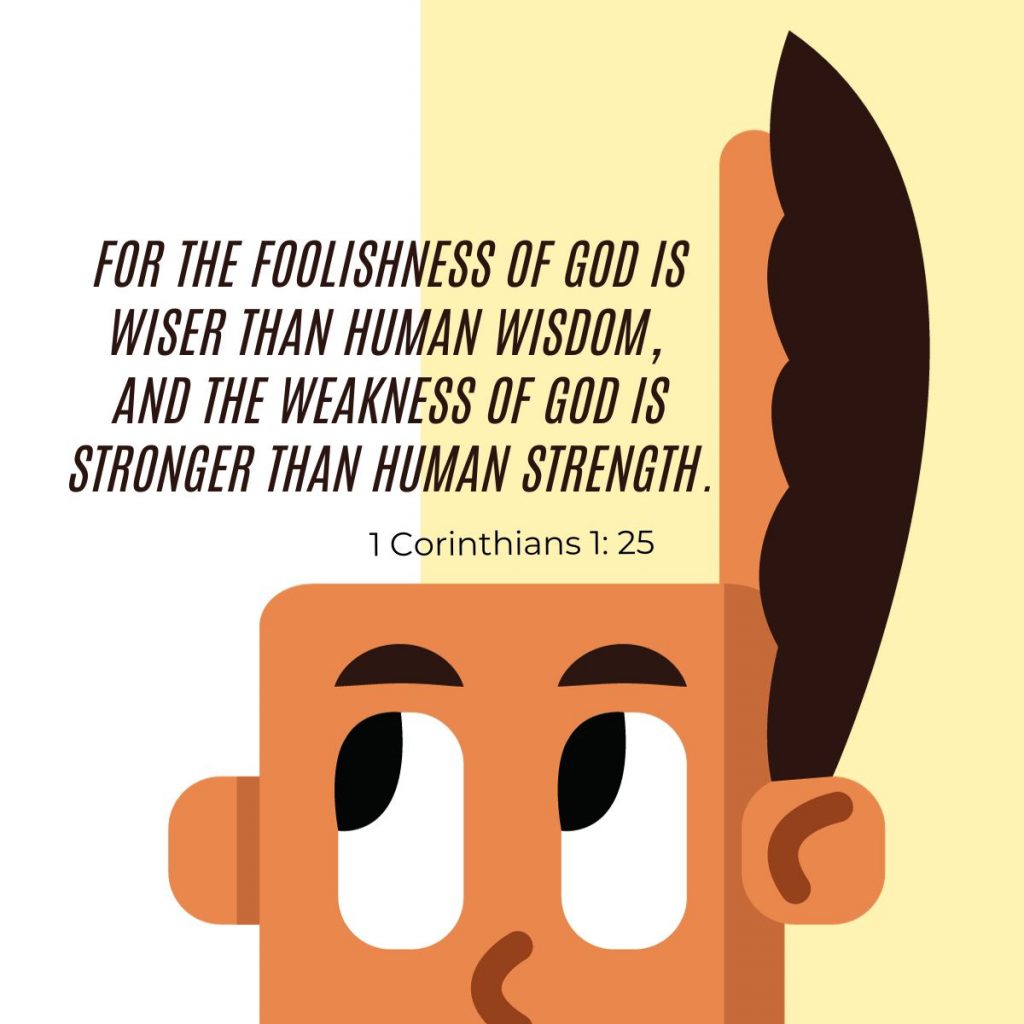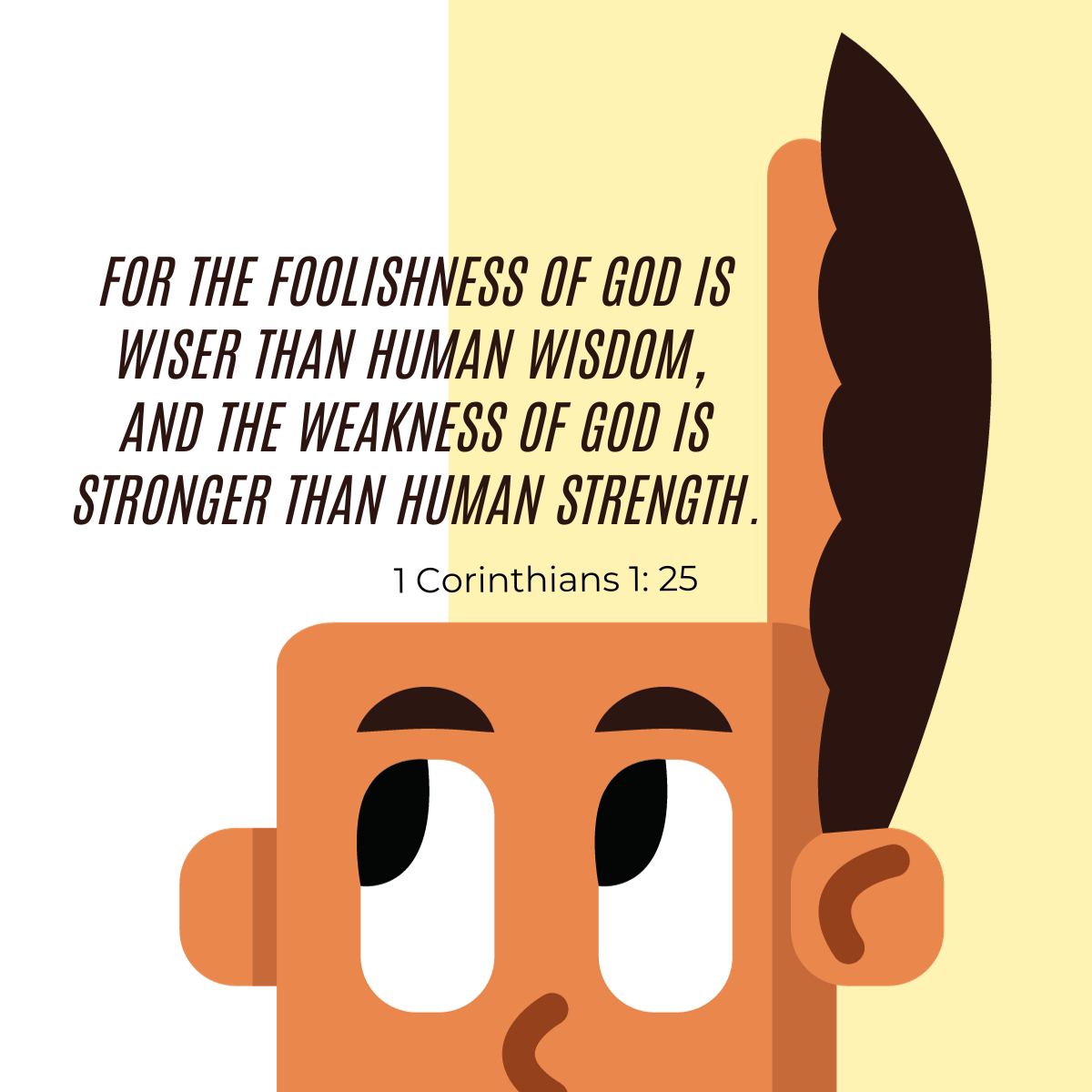
The record of the Gospel of Mark reveals all disgraced and insulting stories of Jesus’ crucifixion. No human would ever come to feel the same humiliation and unfairness as Jesus at the cross in one’s life. Jesus certainly had the power or authority to free himself from those who insulted him and save himself instantly when they told him to come down from the cross. But even if he had done so, would they have truly believed him as Christ?
“Jews demand signs and Greeks look for wisdom.” Did Jesus not consistently demonstrate the signs and wisdom throughout his life? He rather did so in every moment of his life. Yet, did any high priests or wise individuals ever believe in Jesus while he was still alive? It was rather the Samaritans, Gentiles, lowly folk of the world and the disciples who received the love and care of the Good Shepherd that believed in him. Indeed, the crucifixion was far from the anticipated means of salvation for the people.
In fact, what truly changed the world? What is it that changed us? It is a truthful saying that God’s foolishness is wiser than man’s wisdom. In the prayer of Gethsemane, we glimpse the humane side of Jesus (though its conclusion is not humane). Jesus’ image at the cross is even less likely humane. He forgave them and prayed to God for their forgiveness. In the eyes of men, isn’t that absolute defeat? How can it be considered a victory and how could he say, “It is finished” at his death?
It was love. He had the power to do whatever they asked, sought from him, or even greater things. Yet, He chose not to. He denied Himself. For those who mocked and persecuted Him, and for me.
People recorded in the Gospel said, “He saved the others, but he can’t save himself.” And they are absolutely right. But it’s not that he is not able, but he chose not to. He obeyed. Instead of saving himself, he chose to obey until his death, solely to save us. It was out of His love for us that he denied himself. Accepting death when he could flee from it, receiving “killing” as “death” and praying for those who are killing you – are such foolish things in the world, as if you’ve died of your own foolishness. What does 1 Corinthians 1:18 say? “For the message of the cross is foolishness to those who are perishing…” Yet through this cross of foolishness, God made the wisdom of the world foolish. Through this cross, everything came to a finish. And through this seemingly foolish love, all things were made whole and salvation came to everyone. What is the ultimate truth? What are true foolishness and true wisdom? Realizing this, the cross becomes the epitome of wisdom.
Jesus firmly believed that His death marked the pinnacle of true victory, not an act of foolishness. He placed unwavering faith in God, whom He called “Abba, Father,” and so in the resurrection. This enabled Him to triumph over disbelief through faith. Love doesn’t merely dictate what is right or wrong, but it entails self-denial and self-lowering oneself, by being foolish.
